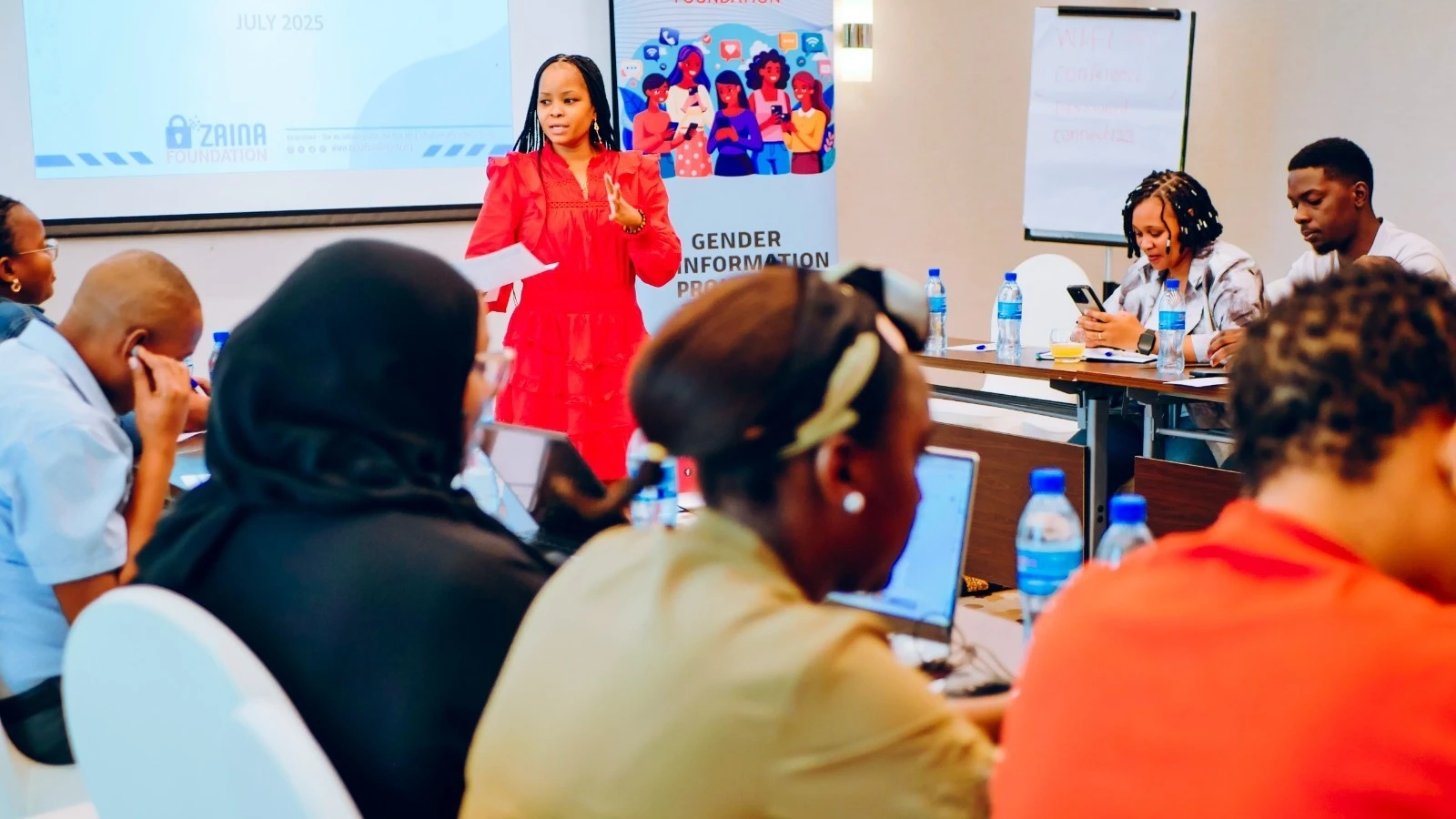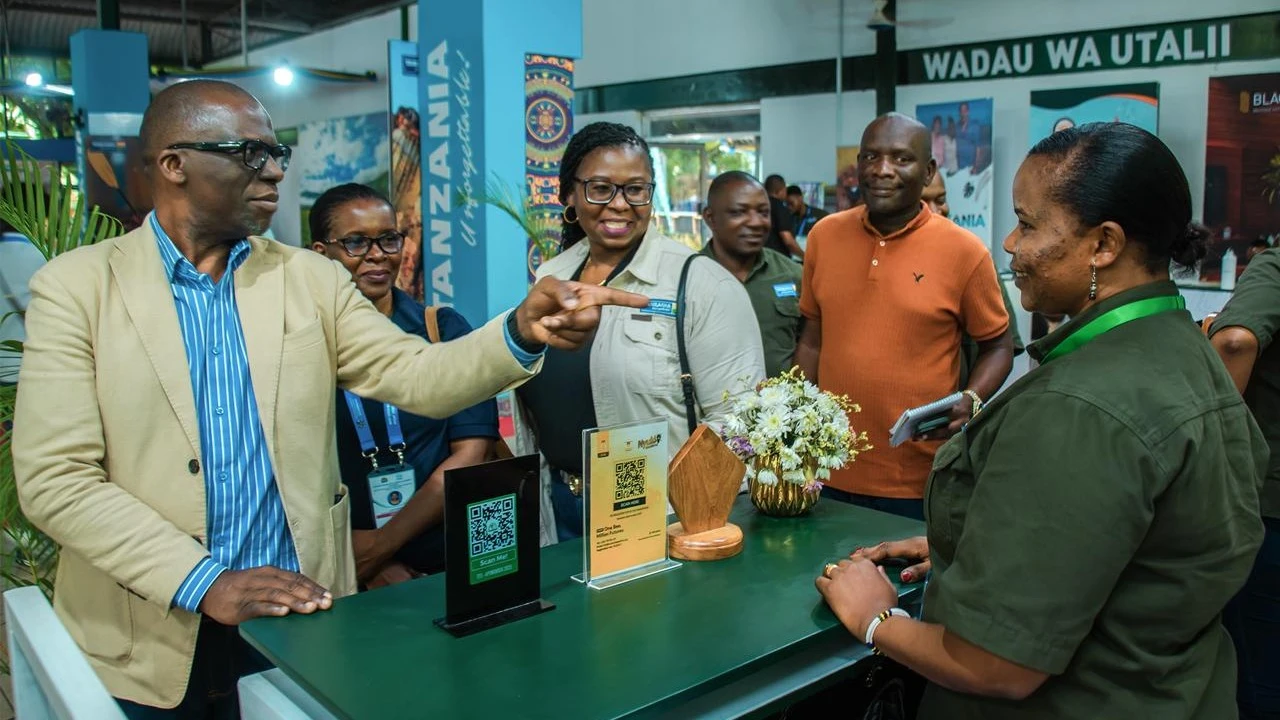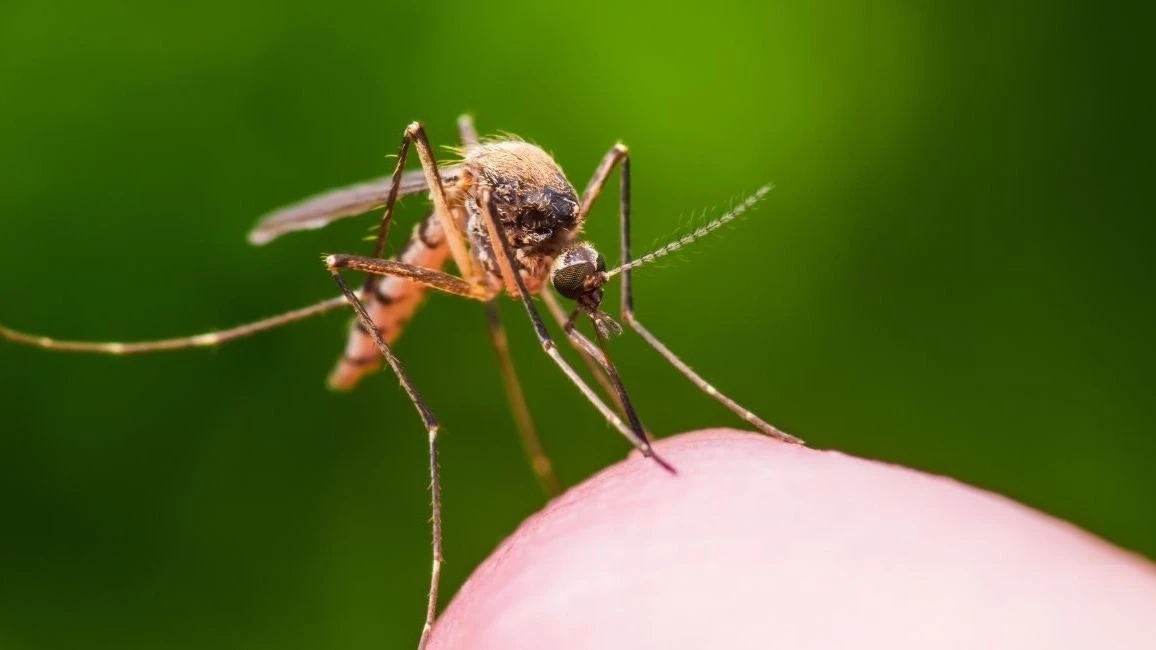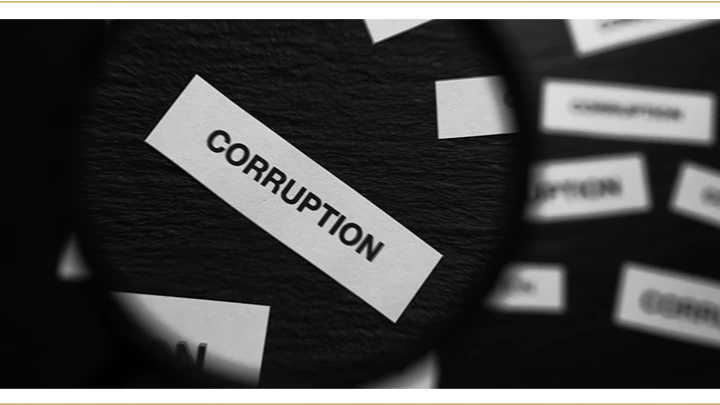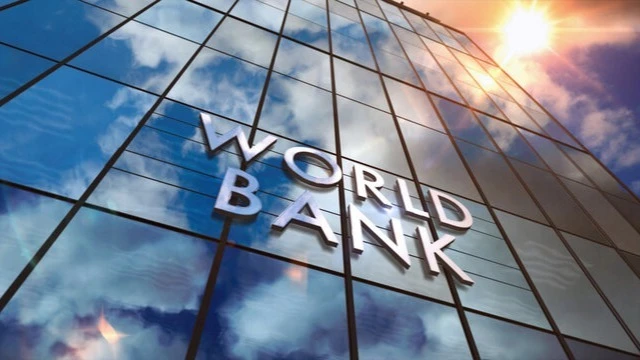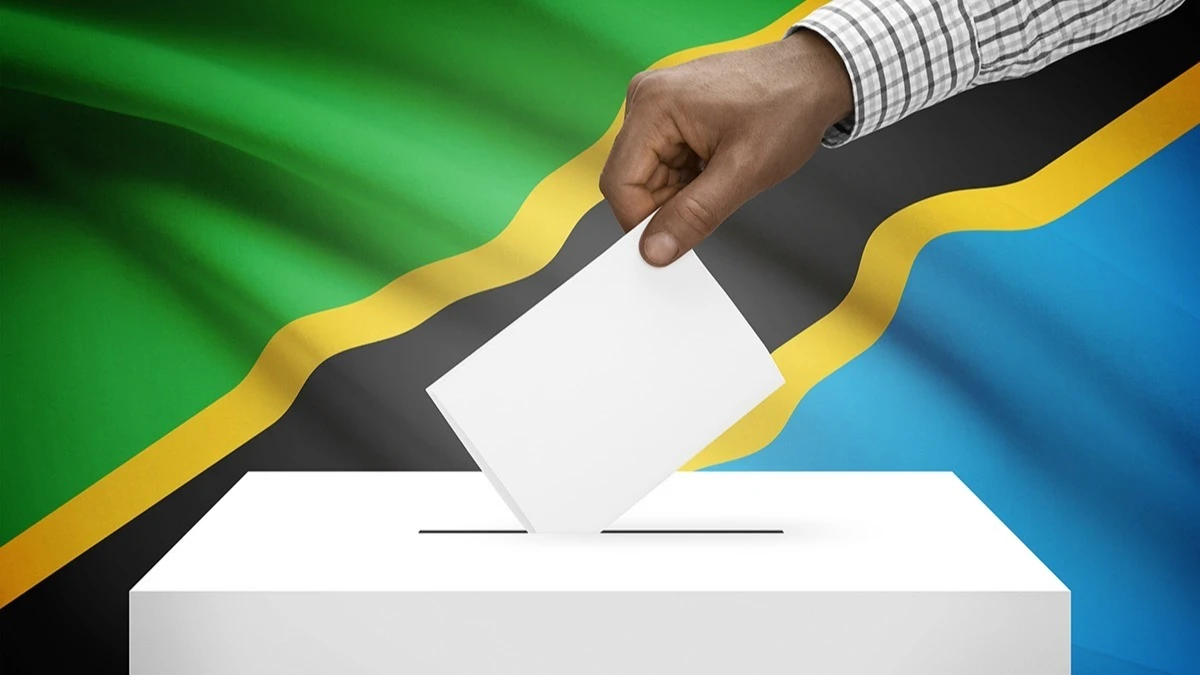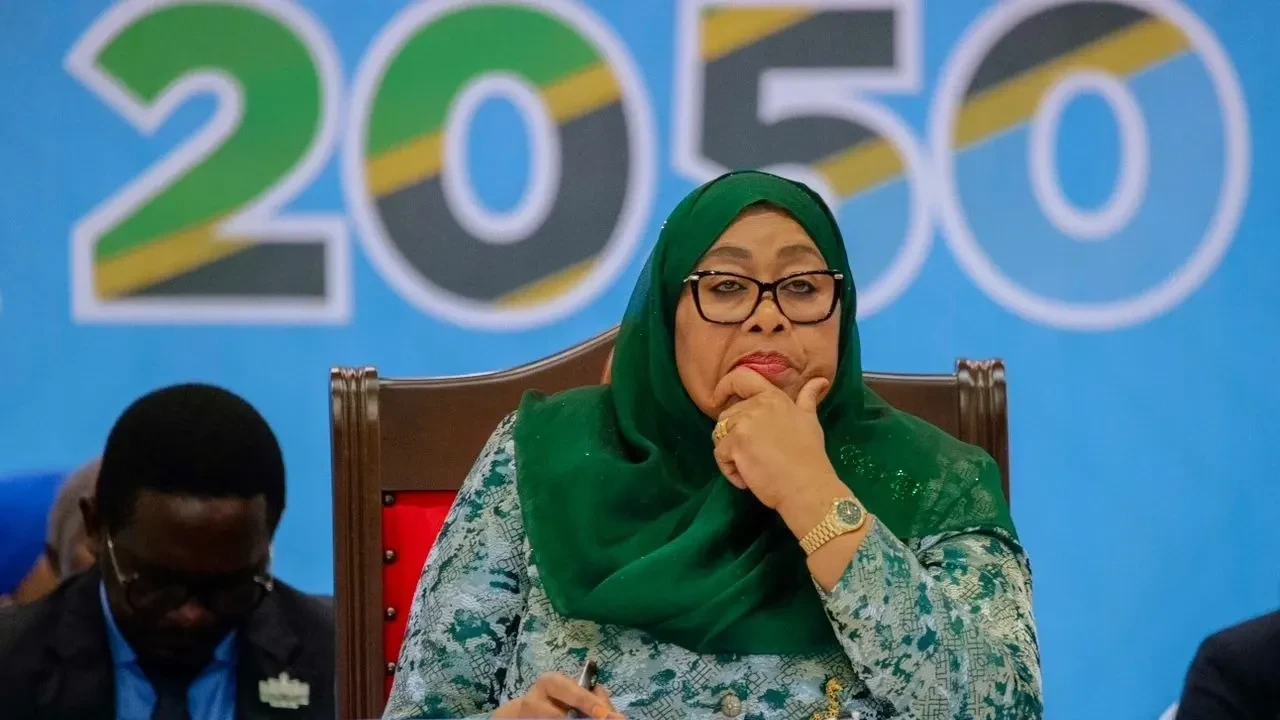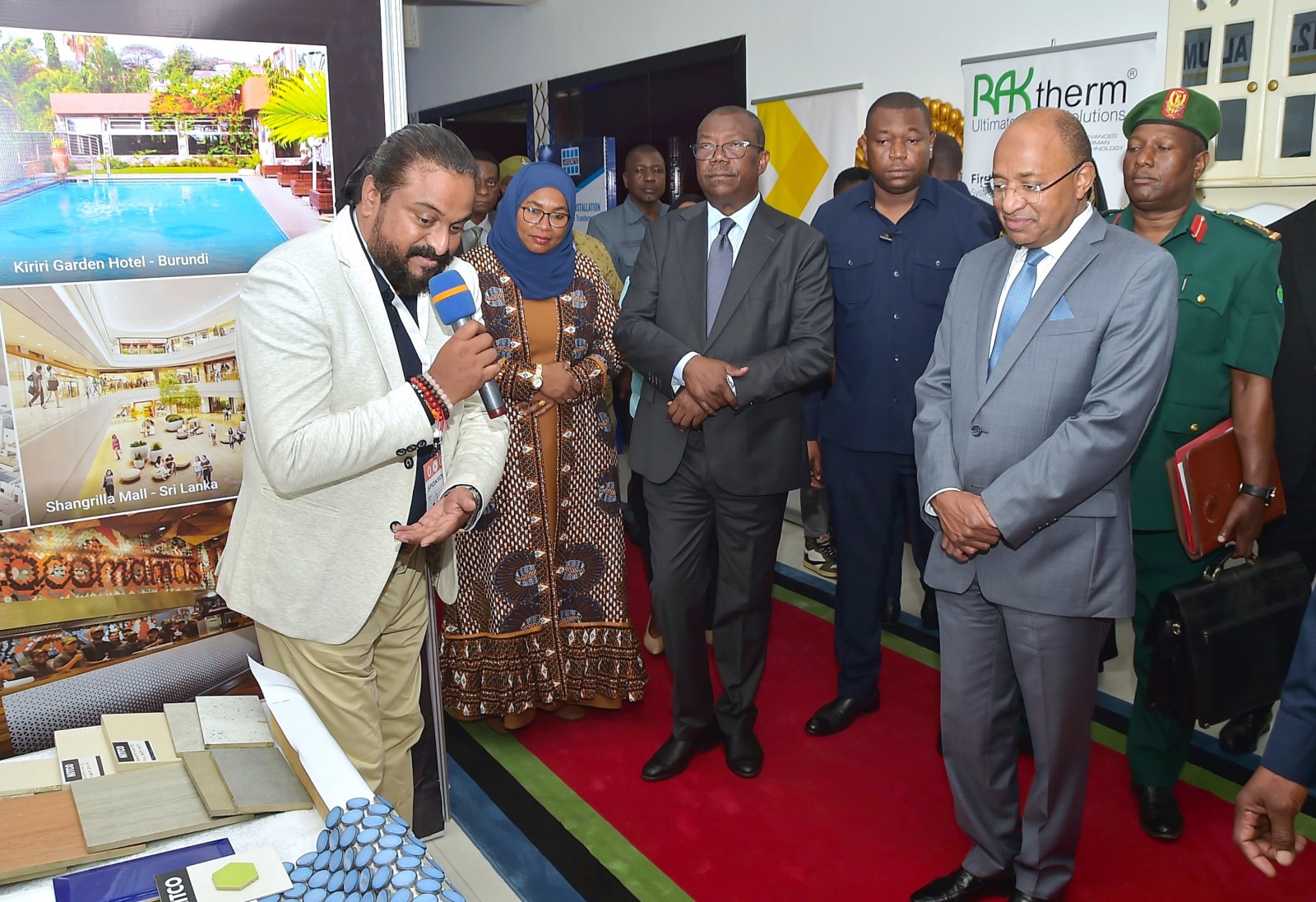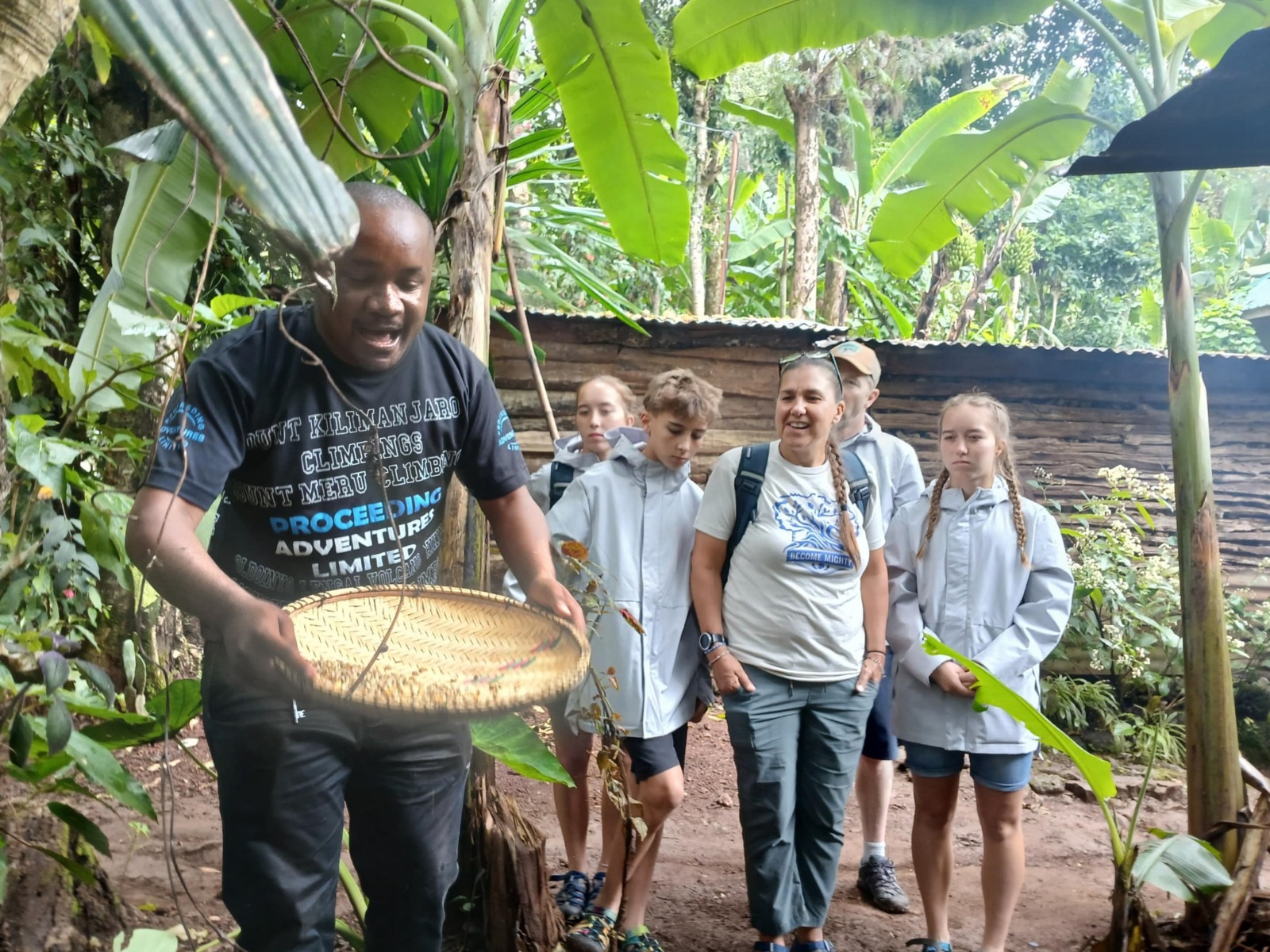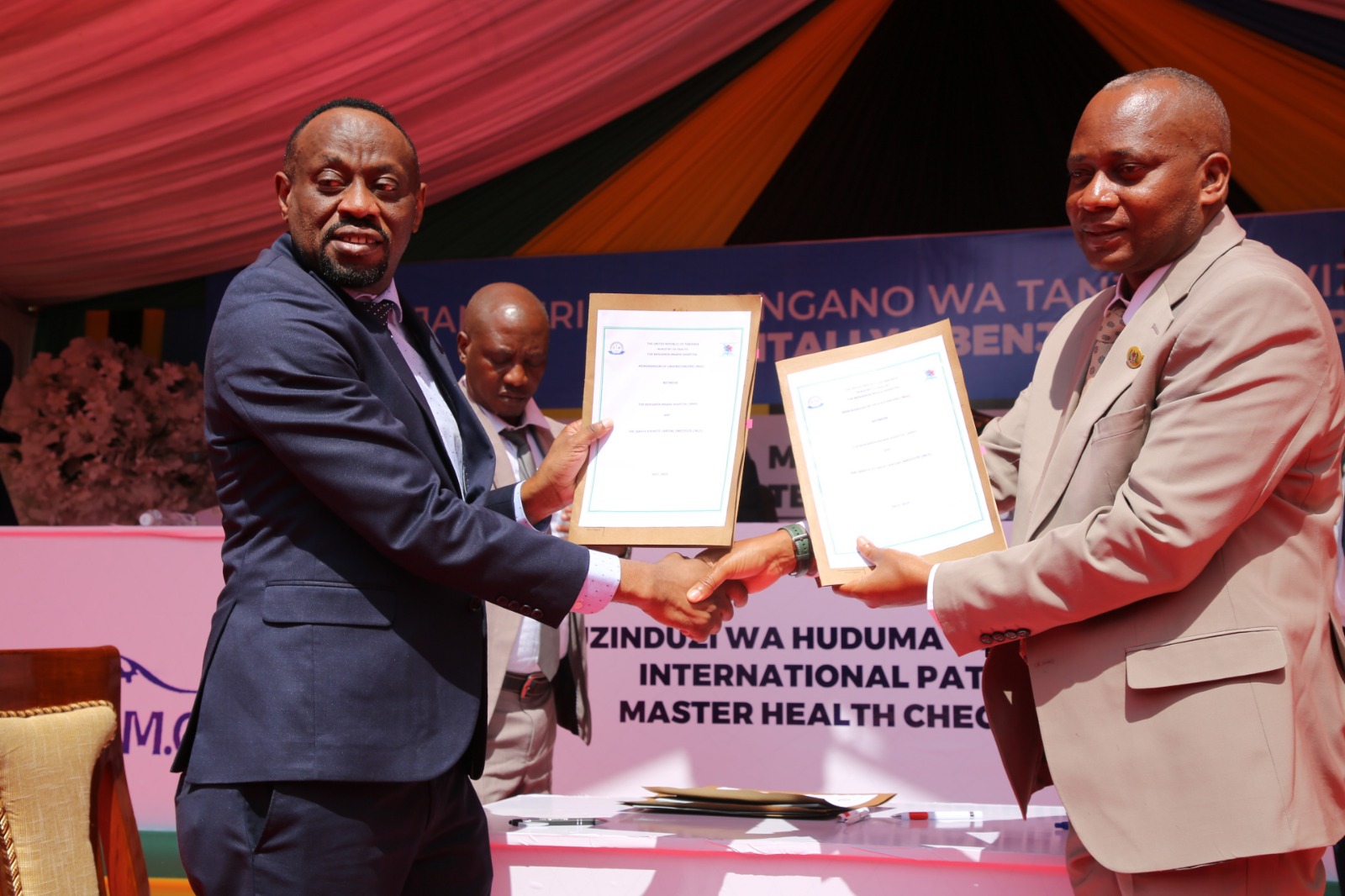AU: Africa loses 25pc of total income to corruption
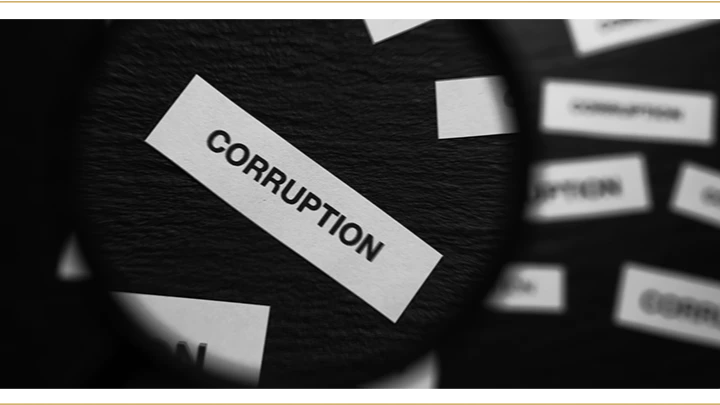
AFRICA loses an estimated $128bn annually to corruption—equivalent to 50 percent of the continent’s tax revenue and 25 percent of its GDP, authoritative agencies affirm.
THE African Union Advisory Board on Corruption (AUABC) has outlined five strategic priorities in the continent’s ongoing fight against corruption.
Benjamin Kapera, an AUABC board member, in a ceremony to mark the Africa Anti-Corruption Day yesterday, said that corrupt practices cause widespread damage, including undermining democratic processes such as elections. ”Corruption causes significant harm, including denying patients medical care, depriving young people of their rights and weakening justice systems,” he declared.
The key priorities are strengthening anti-corruption institutions, enhancing accountability mechanisms, fostering cooperation among member states, investing in public education on the dangers of corruption and ensuring that the law is applied impartially and without favour, he stated.
The board’s call to action comes as Tanzania makes steady progress in combating corruption, rising from 87th position in 2023 to 82nd in 2024 among 180 countries assessed globally, scoring 41 points in the latest rankings, observers noted.
Stressing the need for a deeper understanding of impacts of corruption, he cited figures from the Mo Ibrahim Foundation on the impact of corruption on national income, appealing for urgent reforms to ensure institutions truly serve the people.
“Anti-corruption agencies must value and serve the public, ensuring justice is delivered fairly and swiftly to all—regardless of status,” the board member suggested, underlining the vital role of digital transformation.
He similarly advocated for greater investment in information and communication technology (ICT) to improve transparency, accountability and access to services—especially for marginalised communities.
“We must expand and properly resource civic education. It should empower our youth and citizens to embrace values such as integrity, dignity, equality and ethical leadership,” he added.
He further stressed protecting human rights defenders, whistleblowers, journalists and activists from reprisals, noting that their courage safeguards collective human dignity.
George Simbachawene, the Public Service Management and Good Governance state minister in the President’s Office, said at the event that Tanzania is proud of the steps it has taken under the African Union Convention on Preventing and Combating Corruption.
Reports compiled by international anti-corruption organisations indicate consistent improvement in Tanzania’s performance since 2019, he said, affirming that these are significant national achievements and should inspire the country to go further.
“They reflect the contributions of various stakeholders,” he said, stressing the importance of investment in ICT to minimise discretionary decision-making and enhance transparency.
Crispin Chalamila, the Prevention and Combating of Corruption Bureau (PCCB) director general, reiterated that the constitution requires government institutions to eliminate all forms of corruption, injustice, discrimination, oppression and favouritism.
Corruption fuels other forms of unlawful conduct prohibited by the constitution and undermines social dignity, he said, underscoring the need to bolster the country’s anti-corruption efforts “as key to achieving the government’s vision of improved well-being for all citizens.”
Ali Abdalla Ali, the Zanzibar Anti-Corruption and Economic Crimes Authority (ZAECA) director general, had earlier described corruption as a persistent enemy for development, one that drives poverty and deprives people of basic rights.
Anti-corruption institutions across AU member states need to uphold human dignity and individual rights as part of their mission to strengthen governance across the continent, he added.
Top Headlines
© 2025 IPPMEDIA.COM. ALL RIGHTS RESERVED








